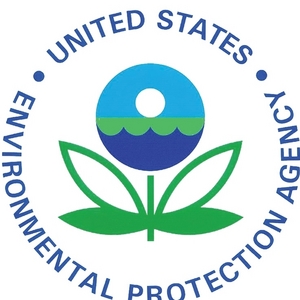EMTS v3.0 released for testing, fields added to accommodate QAP

February 18, 2014
BY Ron Kotrba
The U.S. EPA announced Feb. 18 that its EMTS v3.0 (Beta 3) has been released to the EMTS testing site and is available for user testing. EMTS is the moderated transaction system for tracking RINs under the renewable fuel standard (RFS) program. The updated version includes new fields to accommodate the proposed RFS RIN quality assurance program (QAP).
In addition to providing new fields to accommodate QAP, other changes to the EMTS v3.0 (Beta 3) include Beta 1 and 2 functionality (released for testing in September and November 2013, respectively), new transaction types for locking and unlocking RINs, EMTS reports changes related to QAP, new reason codes for buy and sell transactions, and an EMTS conversion tool integrated into the EMTS web application interface allowing users to convert Excel files to XML.
Advertisement
Advertisement
The new Beta 3 functionalities include restricted access to reports designed for QAP—only QAP providers will be able to subscribe to the QAP reports (Monthly RIN generation and RIN generation)—bug fixes and enhancements to the integrated conversion tool functionality to accommodate Excel file conversion to XML, and new EMTS reports and updates to existing reports.
EMTS v3.1 will be released to production on the effective date of the final rule for QAP and will include any system updates that are required for implementation of the final rule.
Advertisement
Advertisement
Possible changes to the EMTS v3.1 functionality include additional changes to the schema (XSD), web application screens, and reports related to the final QAP rulemaking, and additional changes to the schema (XSD), web application screens, and reports related to the alternative reporting method.
EPA notes that for XML file submitters and EMTS node users, the final schema (XSD) will be released for testing at least three weeks prior to the new schema (XSD) being updated in production.
Click here for more information.
Related Stories
International Sustainability & Carbon Certification has announced that Environment and Climate Change Canada has approved ISCC as a certification scheme in line with its sustainability criteria under its Clean Fuel Regulations.
Legislation introduced in the California Senate on June 23 aims to cap the price of Low Carbon Fuel Standard credits as part of a larger effort to overhaul the state’s fuel regulations and mitigate rising gas prices.
The government of Brazil on June 25 announced it will increase the mandatory blend of ethanol in gasoline from 27% to 30% and the mandatory blend of biodiesel in diesel from 14% to 15%, effective Aug. 1.
The U.S. Court of Appeals for the D.C. Circuit on June 20 rejected several claims challenging the U.S. EPA’s RFS Set rule but will require the agency to provide additional information on certain environmental findings.
The 2025 International Fuel Ethanol Workshop & Expo, held in Omaha, Nebraska, concluded with record-breaking participation and industry engagement, reinforcing its role as the largest and most influential gathering in the global ethanol sector.
Upcoming Events










